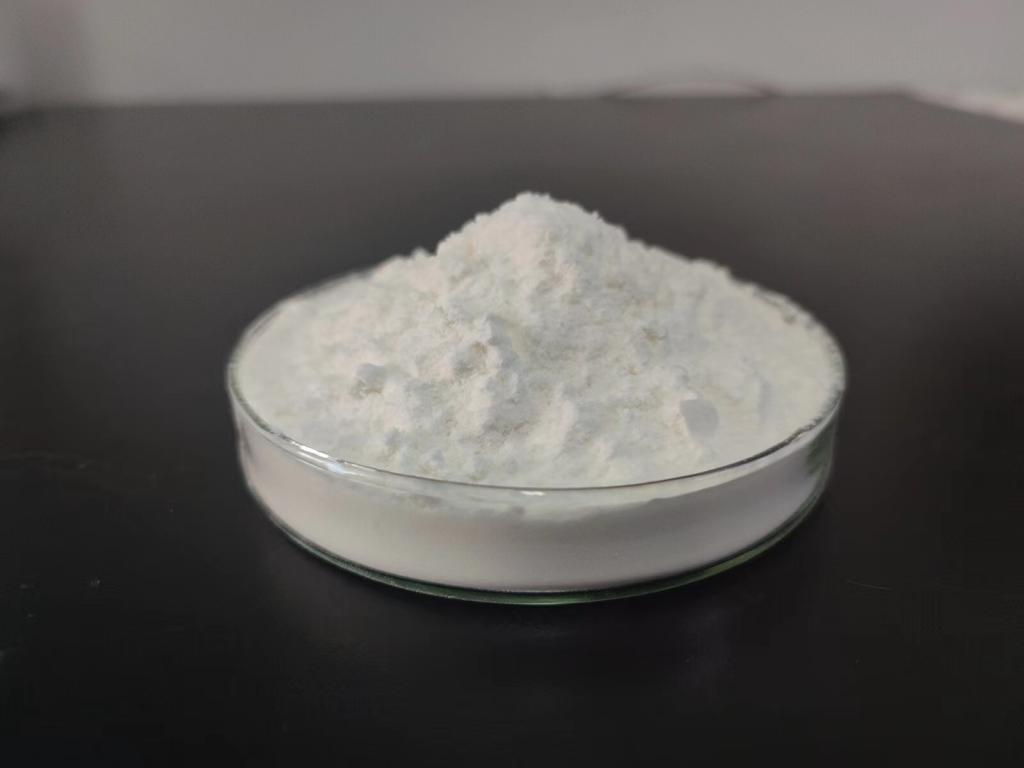Tel:+8618231198596

News
 CONTACT
CONTACT
 CONTACT
CONTACT
- Linkman:Linda Yao
- Tel: +8618231198596
- Email:linda.yao@dcpharma.cn
- Linkman:CHARLES.WANG
- Department:Overseas
- Tel: 0086 0311-85537378 0086 0311-85539701
News
Current Position:
Home >
News
>ε-Polylysine Hydrochloride's Compatibility with Organic Food Production.
ε-Polylysine Hydrochloride's Compatibility with Organic Food Production.
TIME:2023-09-01
Organic Food Production: A Sustainable Approach
Organic food production emphasizes sustainable agricultural practices that minimize negative impacts on the environment and prioritize animal welfare. It promotes the use of natural fertilizers, crop rotation, and biological pest control methods, thereby reducing the reliance on synthetic chemicals.
Introducing ε-Polylysine Hydrochloride
ε-Polylysine Hydrochloride is a naturally occurring antimicrobial agent derived from bacterial fermentation. It is a cationic homopolymer of the amino acid lysine, known for its ability to inhibit the growth of various microorganisms, including bacteria, yeasts, and molds. ε-PL offers a unique proposition for organic food production: a natural preservative that aligns with the principles of organic farming.
Benefits of ε-Polylysine Hydrochloride in Organic Food Production
Natural Origin: One of the most significant benefits of ε-PL is its natural origin. Derived from fermentation, ε-PL fits seamlessly into organic food production, where the use of synthetic chemicals is restricted.
Preservation of Organic Products: Organic foods, free from synthetic preservatives, often have shorter shelf lives. ε-PL's antimicrobial properties can help extend the freshness and safety of organic products, reducing food waste and enhancing their marketability.
Clean Labeling: Organic consumers value transparency and clean labeling. ε-PL's natural origin aligns well with the clean label movement, allowing manufacturers to create organic products with minimal and easily recognizable ingredients.
Reduced Spoilage: Microbial growth is a leading cause of food spoilage. ε-PL's ability to control microbial proliferation can minimize spoilage-related losses in organic foods.
Expanded Product Range: The use of ε-PL enables organic food producers to diversify their product offerings. Extended shelf life allows for the development of products that were previously challenging due to limited preservation options.
Applications in Organic Food Production
ε-Polylysine Hydrochloride finds applications in various organic food categories, demonstrating its compatibility with different production processes:
Fresh Produce: Organic fruits and vegetables are susceptible to microbial spoilage. ε-PL can extend the shelf life of these products without compromising their organic integrity.
Dairy and Dairy Alternatives: Organic dairy products, including milk, yogurt, and cheese, can benefit from ε-PL's preservative properties, allowing for longer shelf lives without synthetic additives.
Bakery Items: Bread, pastries, and baked goods are common in organic product lines. ε-PL can help maintain their freshness and quality, reducing waste and ensuring consumers can fully enjoy these products.
Processed Meats: Organic processed meats are prone to bacterial contamination. ε-PL's antimicrobial activity contributes to product safety and extended shelf life.
Sustainability Impact
The integration of ε-Polylysine Hydrochloride in organic food production has several sustainability implications:
Resource Conservation: By reducing food waste and extending shelf life, ε-PL contributes to conserving the resources invested in organic food production, including water, energy, and agricultural inputs.
Reduced Carbon Footprint: The reduction in food waste and the associated greenhouse gas emissions is a direct outcome of using ε-PL to extend the shelf life of organic products.
Preservation of Organic Integrity: Organic food products must adhere to strict guidelines. ε-PL's natural origin allows for the preservation of organic integrity while enhancing product quality.
Enhanced Marketability: Extended shelf life enhances the marketability of organic products by reducing the risk of premature spoilage and improving overall product availability.
Challenges and Considerations
While ε-Polylysine Hydrochloride holds promise for organic food production, there are considerations to be aware of:
Regulatory Compliance: The use of ε-PL in organic products may require regulatory approval and alignment with organic certification standards.
Consumer Education: Educating consumers about the role of ε-PL in preserving organic products while adhering to organic principles is essential for building trust.
Production Integration: Manufacturers need to effectively integrate ε-PL into their organic production processes, ensuring its efficacy without compromising the organic integrity of products.
Conclusion
The compatibility of ε-Polylysine Hydrochloride with organic food production represents a significant stride toward sustainable food preservation. As consumers increasingly seek organic products that are free from synthetic additives, ε-PL offers a natural alternative to conventional preservatives. Its ability to extend shelf life, reduce food waste, and align with organic principles makes it a valuable tool for organic food producers aiming to provide high-quality, safe, and sustainable products. As the organic food industry continues to grow, ε-Polylysine Hydrochloride stands as a solution that bridges the gap between food safety, shelf life extension, and organic integrity, contributing to a more sustainable and responsible approach to food production.
- Tel:+8618231198596
- Whatsapp:18231198596
- Chat With Skype







